
Shifting and exploring perspectives is one of the things I do a lot of. A lot of creativity and innovation, in my experience, comes from just that. I’ve thought of them as lenses that we look through – and how we look through them is defined by various modes of thought that we employ.
Let’s start with the lenses. We look toward the future through lenses scratched by the past – we can call the scratches ‘traumas’ in some contexts that give them a negative connotation, but in some contexts learning not to burn your hand on the stove is what I think is a necessary trauma.
Bias isn’t always error.
If we dare step out of our individual shells, we see things like this culturally as well. I’m pretty sure when a tribe got sick after someone showed up that didn’t belong to the tribe, they might consider anything foreign bad. Anyone that doesn’t look like them, doesn’t worship the same ‘God’, or… the list can go on. So we stare through that lense, culturally, wherever the accident of geography of birth placed us.
This in turn impacts the individual lens, which has a feedback loop to the cultural lens, and if you get a group of people who share the same view through the lens, it can create a subculture or if enough people are involved, can churn to become a part of the greater cultural lense.
When healthy, such lenses can keep people from harm.
When unhealthy, those lenses can be harmful not just to those who look through them but those who are looked at through them. Those that are looked at also look through lenses much the same. Perspectives can clash violently, which we’re seeing every day in the Middle East, Eastern Europe, and Africa – but it’s probably happening right outside your door.
One of the keys to understanding situations is being able to understand the lenses. How do you look at something? How does someone else? Why do you look at it that way? Why do they?
In this way, we sometimes find ourselves taking shortcuts again – they are evil, they are stupid, they are animals, etc. Once that happens these days, there’s bound to be violent change (but not necessarily violence) not too soon after, and more importantly, it keeps people from actually resolving whatever issues they have.
That doesn’t seem like it’s progress. So how do we fix that?
That seems like one of the biggest questions of humanity. I don’t have the answer and I would worry if someone said that they had one. In my own life, my experiences with this have had inconsistent results and I think that’s because sometimes being self-aware and mindful are not enough. Sometimes no matter how we try we’re looked at through lenses that we have no control over.
Maybe the trick is everyone understanding their own lenses, their own biases, but is it a bias if everyone around you looks through the same lens, as in an echo chamber? Not everyone will do that.
It begins with questioning our own beliefs in contexts outside of our comfort zone, maybe.






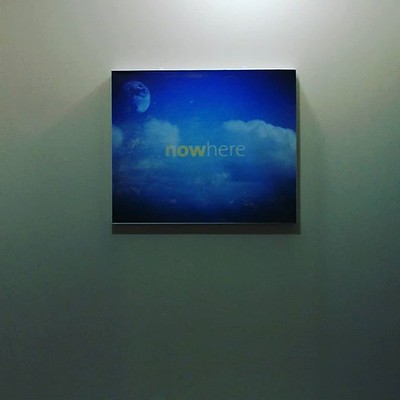
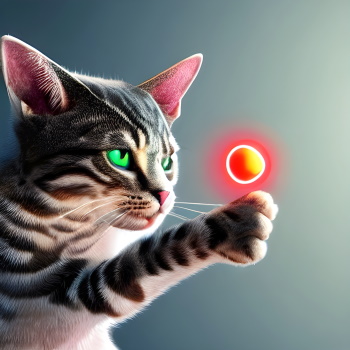
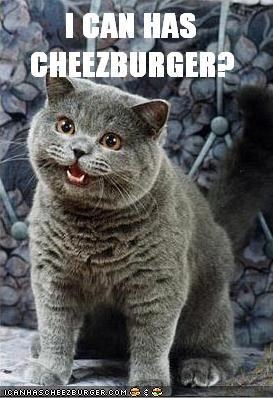
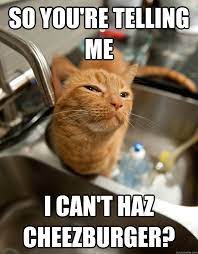
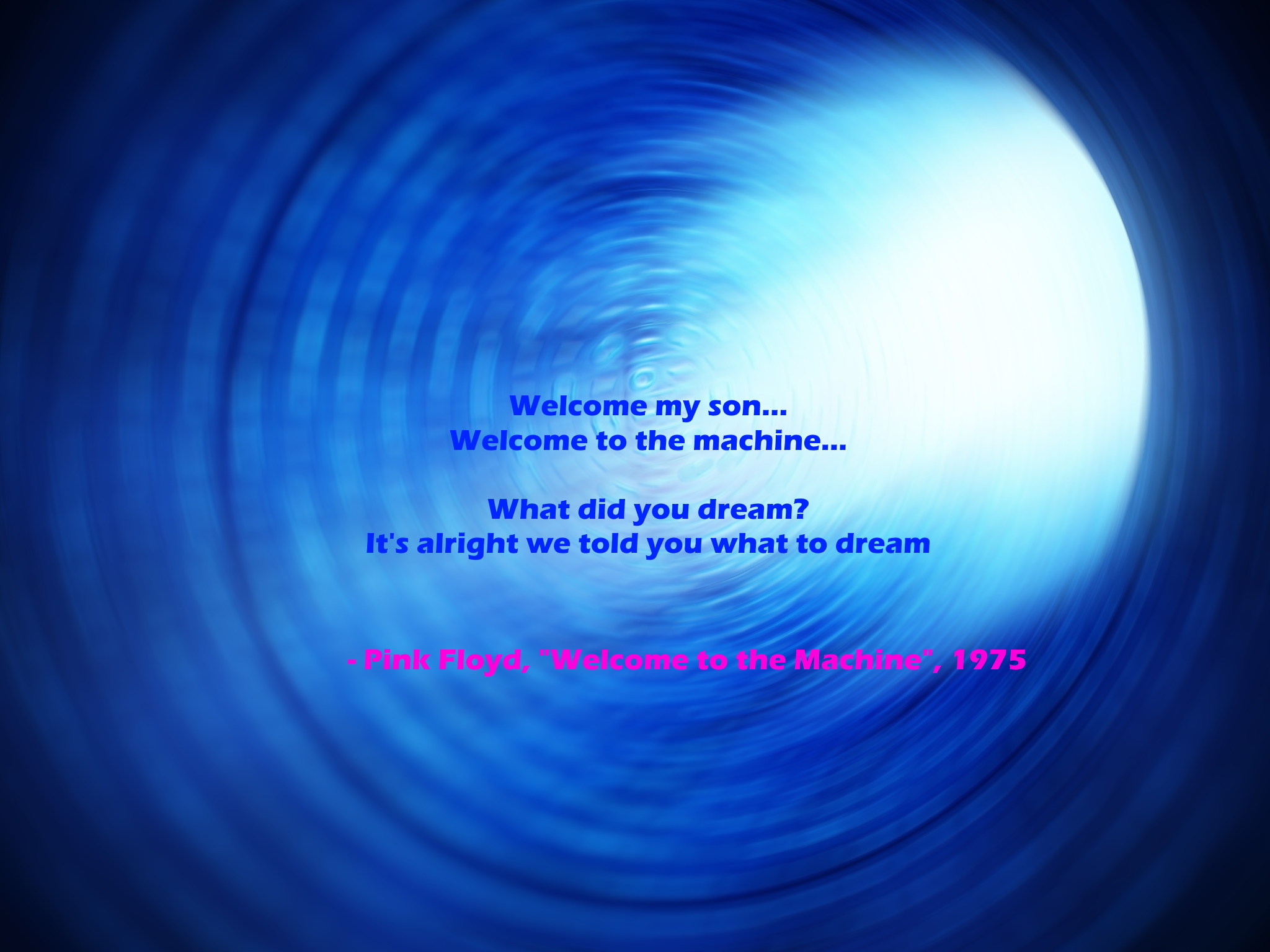 It seems a lifetime ago when, having gained radio privileges in boot camp, a young Seaman Recruit stood looking down aisles of perfectly lined up aisles of bunks when Pink Floyd’s, “
It seems a lifetime ago when, having gained radio privileges in boot camp, a young Seaman Recruit stood looking down aisles of perfectly lined up aisles of bunks when Pink Floyd’s, “
 But when things do go wrong, we do need to look at that. When we factor in other people who have other narratives, as has happened with globalization combined with the social media explosion, tempers flare, cracks begin to show, and we pretty much have the world as it is today – an unapologetic mess of battles of narratives, flaring here, simmering there, and ice elsewhere.
But when things do go wrong, we do need to look at that. When we factor in other people who have other narratives, as has happened with globalization combined with the social media explosion, tempers flare, cracks begin to show, and we pretty much have the world as it is today – an unapologetic mess of battles of narratives, flaring here, simmering there, and ice elsewhere. If there’s a book on it, it’s either a beaten path or may become one. It lacks originality, that shiny luster, after a while – either it succeeds or fails as a narrative based on the number of people who subscribe to the narrative. Tolkien made Hobbits, Dwarves and Elves cool, and all that followed – as original as some of it may have seemed – was from a beaten path. What Tolkien did was borrow from other things to make something original, compelling, and even a message of hope in camaraderie. And this is one of the reasons, aside from the personal, that I started unraveling my narratives.
If there’s a book on it, it’s either a beaten path or may become one. It lacks originality, that shiny luster, after a while – either it succeeds or fails as a narrative based on the number of people who subscribe to the narrative. Tolkien made Hobbits, Dwarves and Elves cool, and all that followed – as original as some of it may have seemed – was from a beaten path. What Tolkien did was borrow from other things to make something original, compelling, and even a message of hope in camaraderie. And this is one of the reasons, aside from the personal, that I started unraveling my narratives.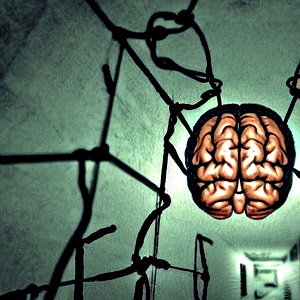
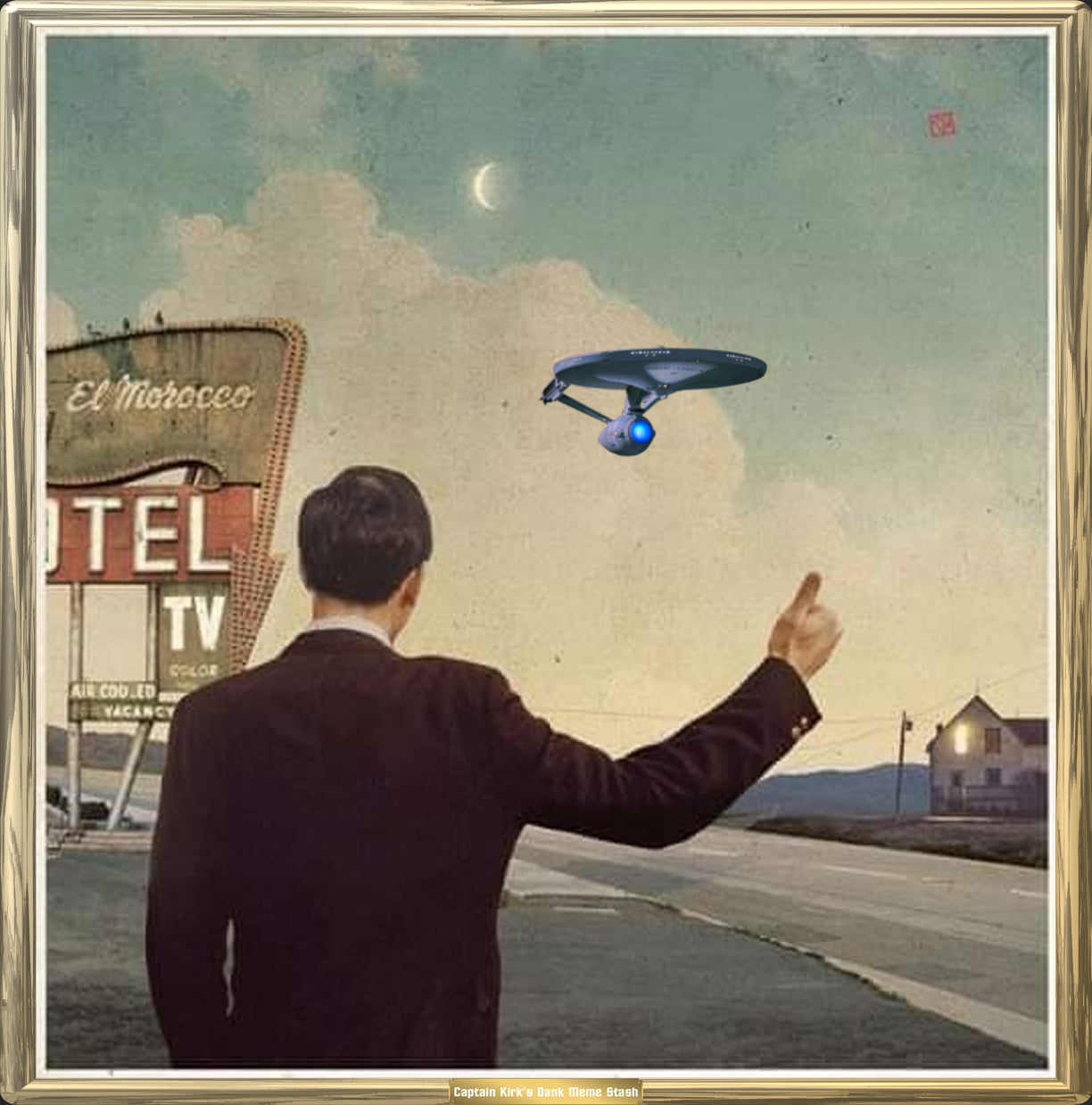 Douglas Adams was on to something with
Douglas Adams was on to something with  It’s sensible to distrust systems that pretty consistently fail, and almost always these systems has something to do with government. Nobody, regardless of their political lean, goes out and blames the trees for bad weather. Nobody shakes their fist at a hurricane and says, “I didn’t vote for this!”.
It’s sensible to distrust systems that pretty consistently fail, and almost always these systems has something to do with government. Nobody, regardless of their political lean, goes out and blames the trees for bad weather. Nobody shakes their fist at a hurricane and says, “I didn’t vote for this!”.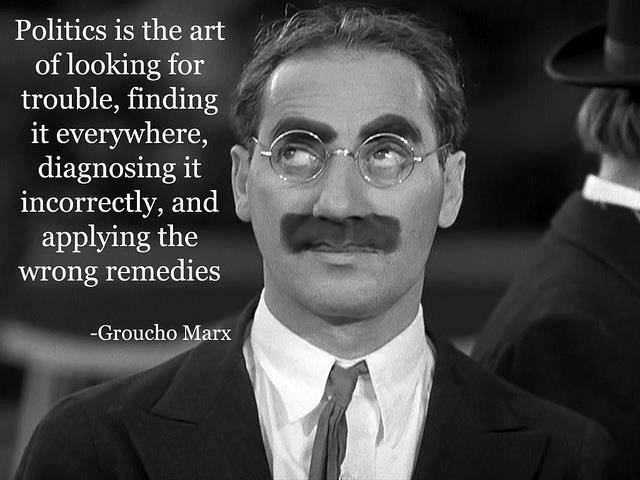 Having lived here and there, and having visited here and there outside of the tourist traps -they are, after all, traps – I can say that the problem is global, and if there is a human somewhere that doesn’t have issues with the system of taxation, they are a distinct minority. We double down here, because how that money is spent is decided by people who win popularity contests. Politicians.
Having lived here and there, and having visited here and there outside of the tourist traps -they are, after all, traps – I can say that the problem is global, and if there is a human somewhere that doesn’t have issues with the system of taxation, they are a distinct minority. We double down here, because how that money is spent is decided by people who win popularity contests. Politicians.